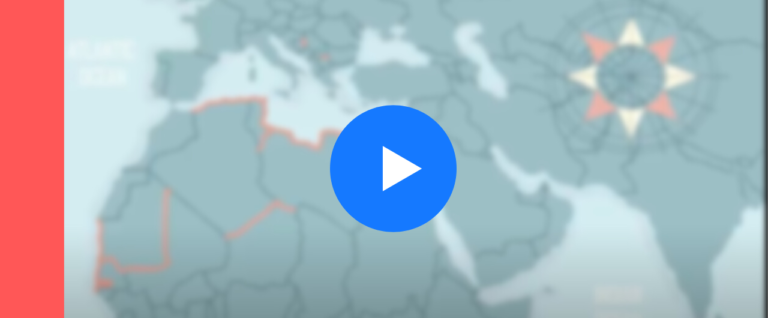
Within the framework of the Sciabaca&Oruka project, ASGI has been working for several years in collaboration with Avocats Sans Frontières (ASF) Tunisia, the Cairo Institute for Human Rights Studies and the Network of University Legal Aid Institutions (NULAI-Nigeria) to defend the rights of people moving along migration routes from Africa to Europe. Here is the video with our Road Map, consisting of 6 key actions to counter violations of basic human rights.
The EU and its Member States will continue to increase economic and diplomatic efforts to externalize borders. This is what emerges from the Action Plan for the Central Mediterranean published on 21 November 2022 by the European Commission to ‘remedy the immediate current problems concerning the Central Mediterranean migratory route’.
The document confirms the direction already taken in 2015 with the European Agenda on Migration and Asylum and reinforced with the Migration and Asylum Pact of September 2020.Through agreements with African states, the reinforcement of borders inside and outside Europe, summary expulsions, and more generally securitarian and criminalizing policies. A regime of mobility control is confirmed – also outside the European Union – which is becoming more lethal by the day.
Blocking borders and controlling mobility means not only hindering the right to leave any country and access to asylum in Europe. It also means pushing people on the move to embark on increasingly dangerous journeys along which the risk of torture, arbitrary detention, sexual violence, exploitation and trafficking increases.
In order to counter these violations, one cannot ignore the fact that externalization policies also exploit the humanitarian mandate of international institutions and NGOs, and the close link between development actions and migration management, by tying development funds to securitarian policies. In Tunisia, Libya and Nigeria, humanitarian work, aimed at mitigating the effects of externalization policies, has become a de facto source of legitimisation and implementation of these same policies.
ASF, ASGI, CIHRS and NULAI have identified 6 key actions to counter violations of the rights of people on the move at different stages of the migration journey:
1. Promote actions to ensure accountability.
2. Counteract bilateral agreements and EU financial support for migration management.
3. Demand the publication of return and migration management agreements.
4. Challenge the misapplication of the concepts of FIRST ASYLUM COUNTRY and SECURE THIRD COUNTRY.
5. Challenge the collection of personal data and the misuse of biometric monitoring systems.
6. Subjecting the actions of humanitarian actors to legal analysis in order to understand their impact on the strengthening of externalization policies
Video made by Chiara Missaggia, graphics by Federica Ferri.



